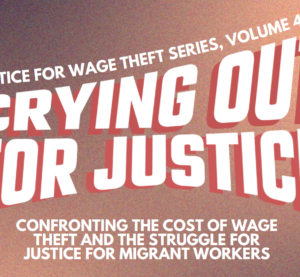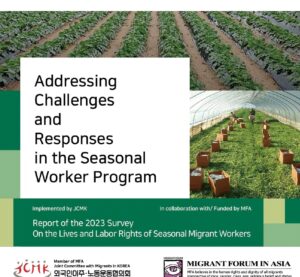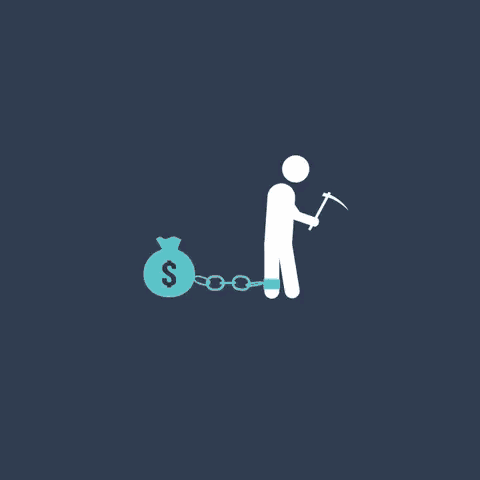Written Contribution of MFA for the UN SR on Extreme Poverty and Human Rights Report on Digital Technology, Social Protection and Human Rights
— May 28, 2019Migrant Forum in Asia (MFA) welcomes the decision of the Special Rapporteur on Extreme Poverty and Human Rights to write on the human rights impacts, especially on those living in poverty, of the introduction of digital technologies in the implementation of national social protection systems that will be presented to the General Assembly in October 2019 in New York.
Governments have and are looking into harnessing technological advances in providing and in extending services to migrant workers. Both in countries of destination and origin, digitization, and developing online platforms are a growing trend in labor migration such as in the recruitment process (India’s e-migrate, Saudi Arabia on Musaned5) and managing disputes (India’s MADAD, Singapore’s Employment Claims Tribunal), online training/orientation ( Philippines’ PEOS6) as well as in accessing information and relevant services concerning migrant workers. The annual ASEAN Forum on Migrant Labor (AFML)7 had social protection and digitization as the themes of the Forum in 2016 and 2018 respectively.
Migrants particularly those in the low-skilled category may not possess the same levels of digital skills as the population in the country of destination. Should they have skills at par with the people in the new country, there may still find barriers in terms of content and language. Education and literacy rates are challenges in bridging digital divides especially with migrant workers. Migrant workers who are deployed in areas far from the city or where there signal is a challenge are often at a disadvantage in terms of speed and quality of services as compared to those who are in the city. Having mobile devices allows migrants some access however, there is
a gap between basic and with broadband in terms of accessing digitized systems. Some migrant workers may not have mobile phones, and for some who have, they may have no data and are reliant to Wi-Fi connection.
Digitized services including apps to assist migrant workers must be simplified and has userfriendly interface that would be easier for migrant workers to understand and learn how to use/operate or navigate. A major concern in digitization is security and breach of data whether States are able to protect the information being collected as well as the privacy of the individuals seems unclear. Most importantly, digital platforms as well as social media platforms must not be used monitor or to infringe on the fundamental rights of the person to freedom and expression especially with the aim to clampdown on human rights activists.
With digital engagement especially concerning migrant workers, employers must not confiscate personal mobile devices of their domestic worker/s or severely restricts its usage. Any move towards greater digitization must confront inequalities in relation to access: migrant workers must be provided with the freedom and resources to access the digital tools and platforms developed for their protection as well as in accessing relevant services available to them.
As governments undertake digitization and in recognizing that in the process of digitization, there will be vulnerable groups who will need assistance as they struggle to keep up with the system, it is equally important that mitigation mechanisms are in place. The digitized routes to access systems are often dependent on a good knowledge of English and computer, as well as some familiarity with legal terms. Most migrant workers that MFA members and partners work with do not or have very little of these skills. In some instances, digitize processes lead to further barriers particularly for migrant workers to access systems, including systems to access justice. To ensure that no one is left behind, multiple channels (including offline and parallel modes) will need to be combined/merged with digital/analogue programs to buffer drawbacks of digitization.
MFA has circulated the questionnaire from the office of the Special Rapporteur among our members and partners and collected responses reflective of the situation on the ground. Members and partners from India, Indonesia, Philippines and Singapore have contributed in this
submission.
We are sharing with the compiled responses from MFA members and partners as well as a separate report prepared by an MFA member from Singapore, the Transient Workers Count Too. Please click the links below to download the reports.
For more information please contact William Gois of the MFA Secretariat at: mfa@mfasia.org



